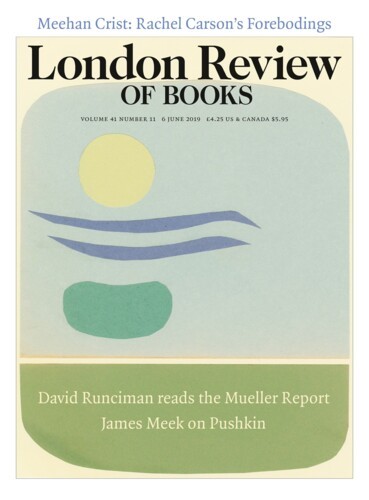Name the days: Holy Spirits
Marina Warner, 4 February 2021
In the insistent and repetitive rhythm of lockdown, one month melts into another, but the monotony is shot through with dread that comes and goes with terrible intensity. The combination of plague-stricken suspension – the new Covidian temporality – and uncertainty about what’s still in store has made me wonder about old forms of timekeeping. Did they serve to make the...




